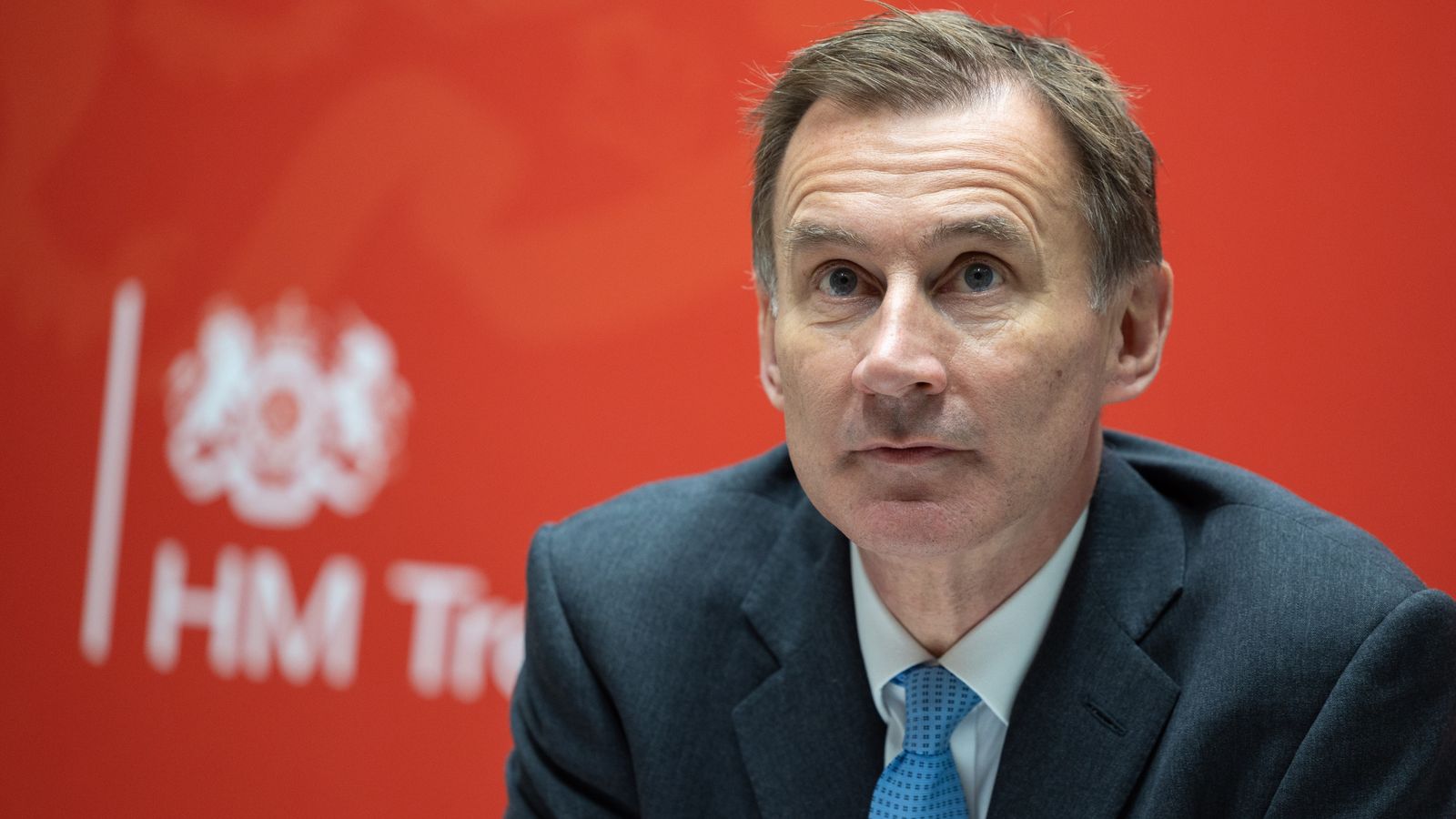UK to swerve recession but a quarter of homes face cost of living struggle, think-tank predicts

The UK will avoid tipping into recession this year but a greater number of homes – one-in-four – will struggle to pay elevated bills, according to an economic think-tank.
The National Institute of Economic and Social Research (Niesr) said in a forecast that the squeeze on incomes from the energy-driven cost of living crisis and lower government support would combine in 2023 to make it “feel like a recession”.
It predicted that a quarter of households – around seven million – would be unable to fully meet their planned energy and food bills in the next financial year because of the prolonged cost of living crisis.
That was up from a fifth of homes in the current financial year.
It was due, Niesr said, to a deterioration in disposable income.
The think-tank’s model saw a hit from inflation remaining, with the headline rate easing from its current rate of 10.5% to 5.3% by the end of 2023.
The independent body’s headline numbers for economic growth were far more rosy than recent forecasts by the Bank of England and the world’s lender of last resort – the International Monetary Fund (IMF).
The latter released a report just over a week ago that predicted the UK would be the worst-performing developed economy in 2023, with output falling 0.6%.
Please use Chrome browser for a more accessible video player
2:42
Why is the UK economy so weak?
The Bank has also forecast recession – defined as two consecutive quarters of negative growth.
Advertisement
But it has said it will be shallow.
Niesr saw output growth of 0.2% for the year after the country narrowly avoided recession during the second half of 2022.
Economists now expect official figures to confirm that last point this Friday, with a downturn of 0.3% between July and September being followed by a rise of 0.1% in the final quarter.
Read more:
Bank of England rate-setter urges more hikes to avoid ‘policy boogie’
No 10 insists economy is strong despite IMF warning it will fare worse than any other in developed world
Professor Leaza McSorley, Niesr’s senior research manager, said: “The UK economy performed better than forecast in 2022, with annual GDP growth of 4.1% and unemployment at 3.7%.
“So, while the economy seems unlikely to fall into a protracted contraction, the risks are skewed on the downside with higher Bank rate and some withdrawal of fiscal support likely to bear down on activity over the course of 2023 and 2024.”
Niesr suggested the chancellor use his spring budget next month to abandon his spending limits to boost public sector investment and develop a new energy support tariff that discounts bills for the poorest households.